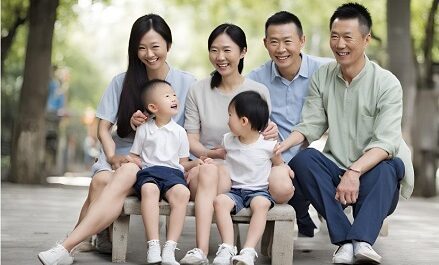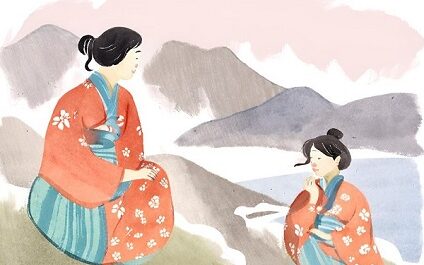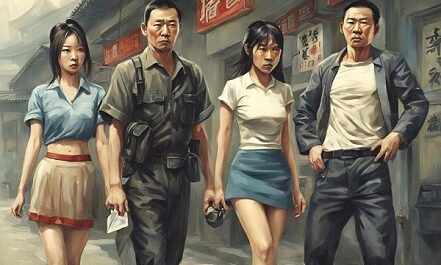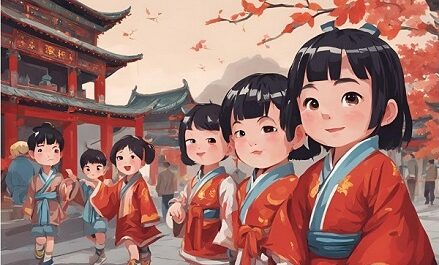Learn Chinese Idiom with Pinyin and English
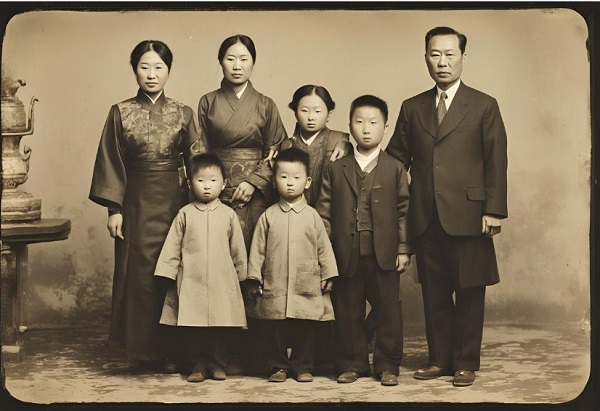
- Idiom in Chinese-男女老幼。
- Pinyin of Idiom– nán nǚ lǎo yòu.
- Idiom’s Meaning in English– This idiom refers to all members of society, regardless of gender, age, or status. It is often used to describe a situation where everyone is included or affected, regardless of personal differences.
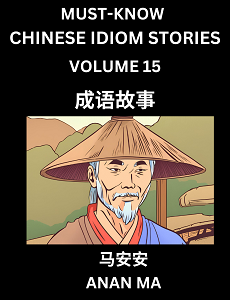
Chinese Idiom Stories Books (HSK All Levels):
- Books to Learn Chinese Idiom Stories (Part 1)
- Books to Learn Chinese Idiom Stories (Part 2)
- Books to Learn Chinese Idiom Stories (Part 3)
Learn Chinese Idiom Story in English (成语故事的英文)
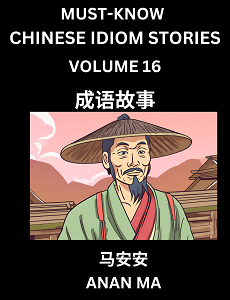
The idiom “nán nǚ lǎo yòu” does not have a specific historical story behind it, but it is often used to describe a scenario where all members of society, regardless of gender or age, are involved. For instance, if everyone in a community event participates, regardless of their age or gender, we can say that “men, women, old, and young have actively participated in this event.”
Learn Idiom Story in Chinese (成语故事)
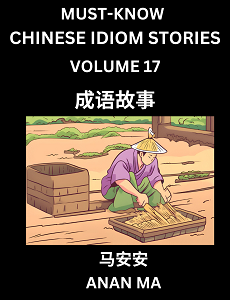
“男女老幼”这个成语没有特定的历史故事,但它常常用来描述一个场景,其中涵盖了所有年龄段和性别的人。例如,在一个社区活动中,如果每个人都参与了,不论年龄大小、性别如何,我们就可以说“男女老幼都积极参与了这次活动”。
Learn Keywords with English, Simplified Chinese Characters, and Pinyin (关键词)
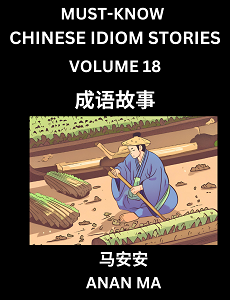
- 男女 (nán nǚ): men and women
- 老幼 (lǎo yòu): old and young
Pinyin of Idiom Story (故事的拼音)
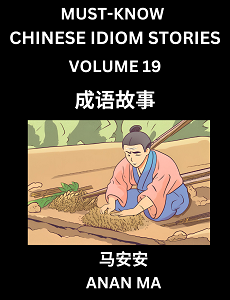
“Nánnǚ lǎo yòu” zhège chéngyǔ méiyǒu tèdìng de lìshǐ gùshì, dàn tā chángcháng yòng lái miáoshù yīgè chǎngjǐng, qízhōng hángàile suǒyǒu niánlíng duàn hé xìngbié de rén. Lìrú, zài yīgè shèqū huódòng zhōng, rúguǒ měi gèrén dōu cānyùle, bùlùn niánlíng dàxiǎo, xìngbié rúhé, wǒmen jiù kěyǐ shuō “nánnǚ lǎo yòu dōu jījí cānyùle zhè cì huódòng”.

